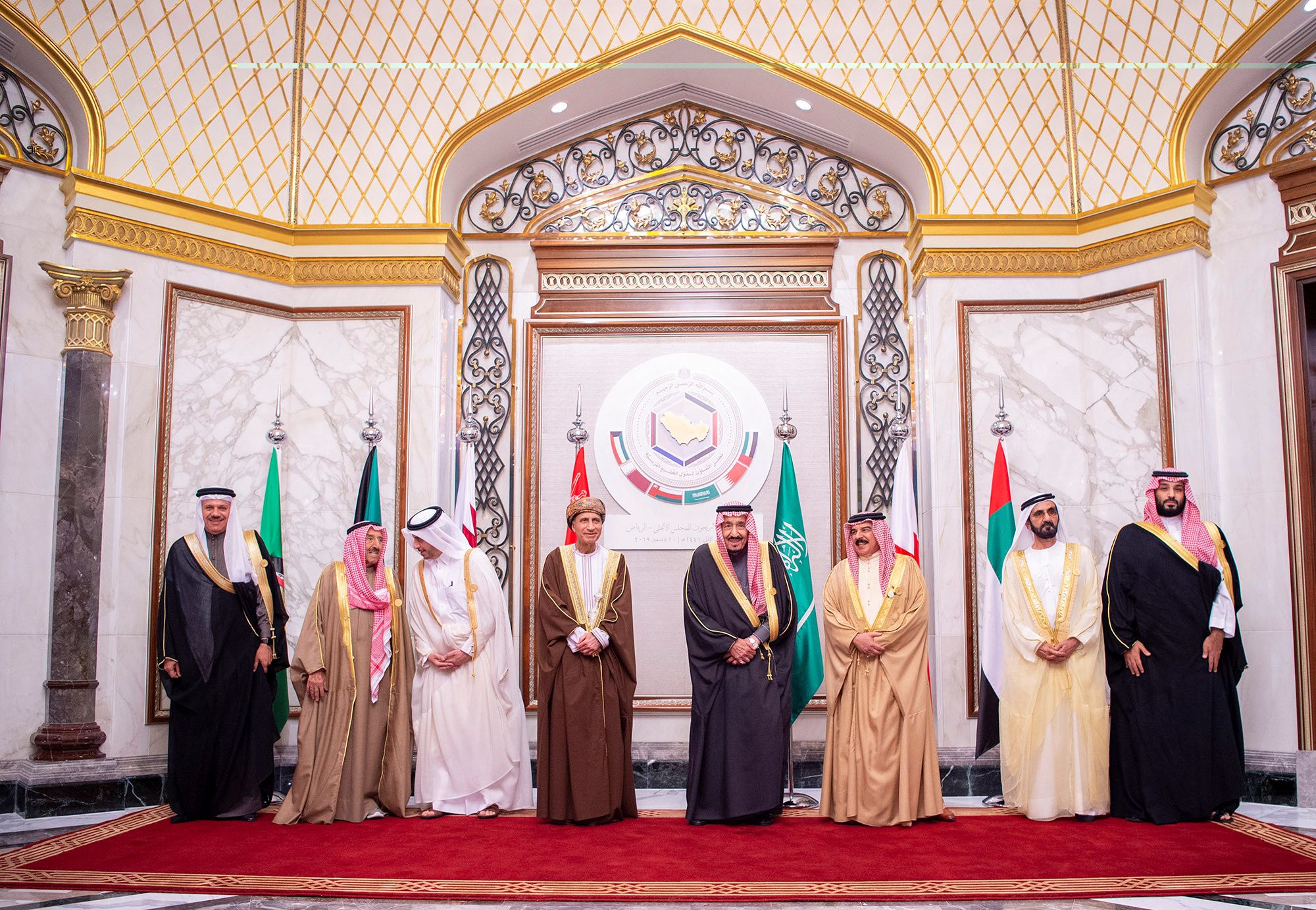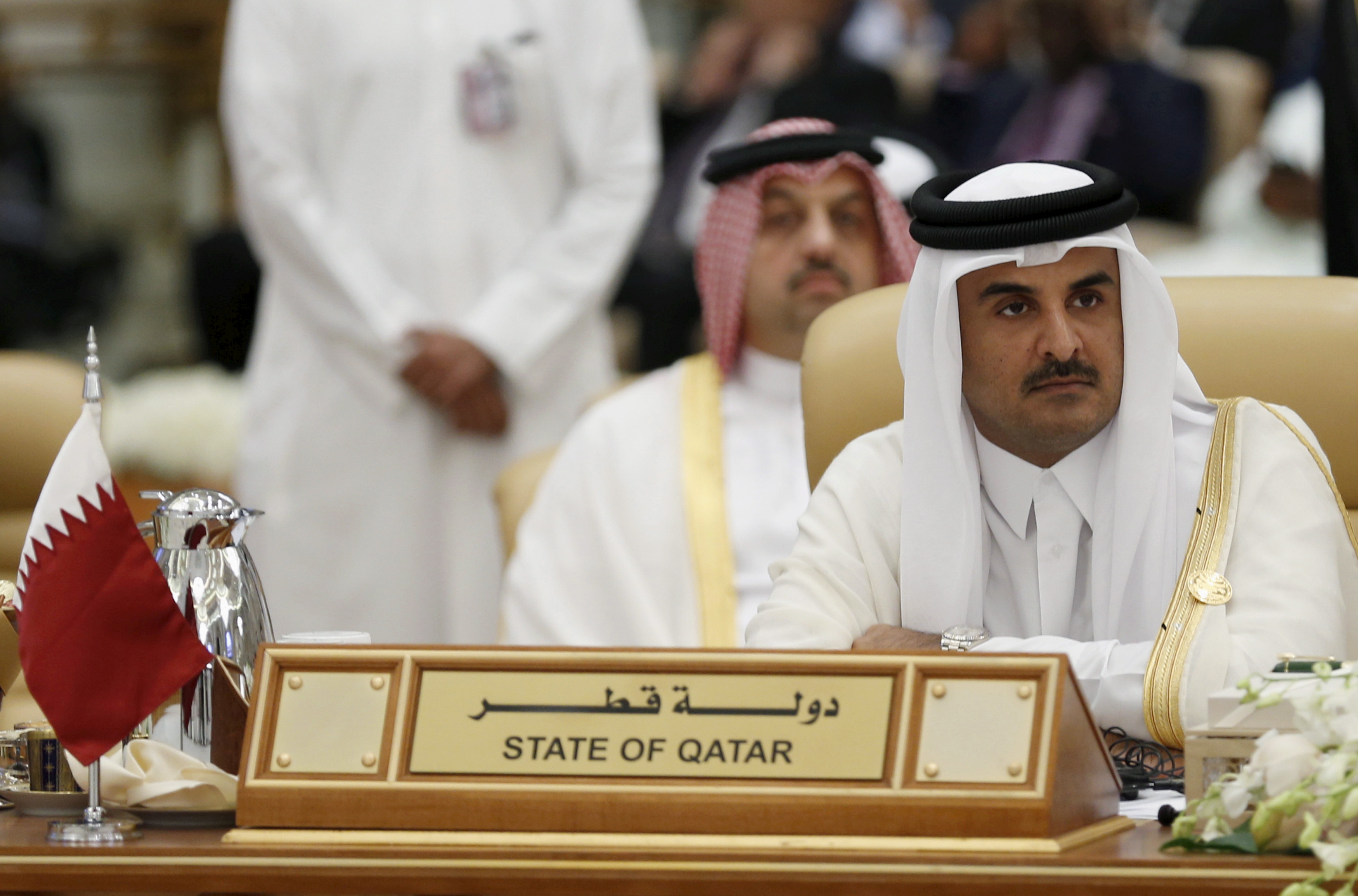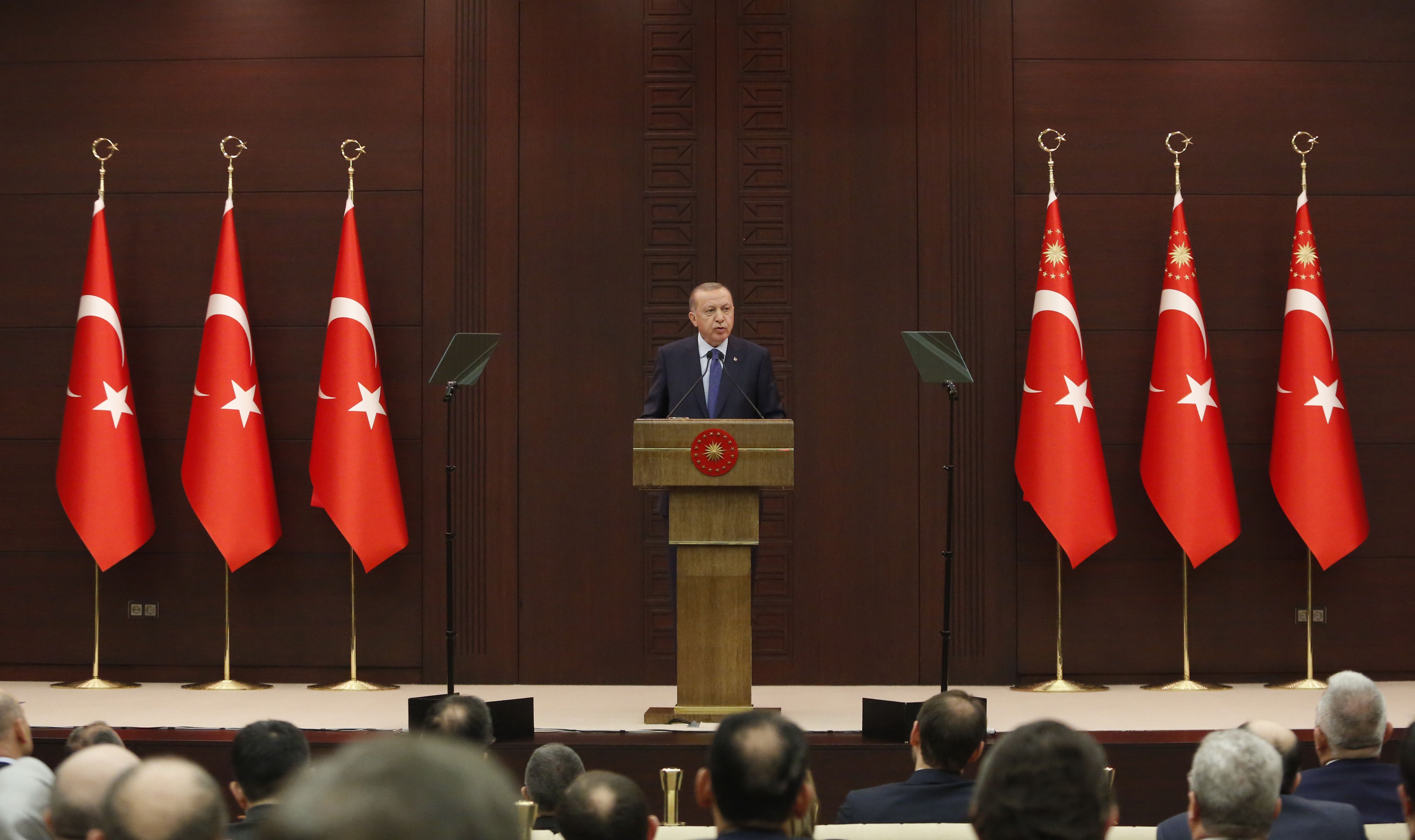The Gulf Cooperation Council and the Pandemic

In 2017, an alliance of four countries (Saudi Arabia, UAE, Bahrain, and Egypt dubbed the “quartet”) under Saudi leadership accused Qatar of supporting terrorist organisations. Since then, the four countries have suspended air, sea and land transport to and from Qatar and do not maintain diplomatic relations with the princedom. The crisis in relations was related to Qatar’s cooperation with Iran—Saudi Arabia’s most important regional rival—and support for Islamist organisations (including the Muslim Brotherhood, which the quartet states designated a terrorist organisation). However, the efforts to stem the pandemic have forced coordination within the Gulf Cooperation Council (an organisation established by Saudi Arabia, UAE, Qatar, Bahrain, Oman, and Kuwaitin 1981 as a response to the regional threat arising from the Islamic Revolution in Iran and the aggressive policy of the Iraqi leader at the time, Saddam Hussein). At the same time, the pandemic has revealed that the next challenge in relations within the GCC may be UAE policy aimed, among others, at increasing the country’s control over major trade routes in the Middle East and, as a consequence, strengthening its position in the region.
The Pandemic and a Diplomatic Crisis in the Gulf
Initially, the spread of the SARS-CoV-2 virus in GCC countries became an opportunity to further discredit Qatar. In March, the UAE and Saudi Arabia launched a disinformation campaignaccusing Qatar of creating and spreading the coronavirus to weaken the Saudi economy and stop the Dubai Expo 2020. There were also reports on social media of a Doha coup attempt, which Qatar denied. In February, Qatar’s health minister, Hanan Muhammad al-Kuwari, did not receive permission in time to enter Saudi Arabia, which prevented him from taking part in the extraordinary meeting of GCC health ministers in Riyadh on coordinating actions against COVID-19. When at the end of March, 31 Bahraini citizens returning from Iran became stuck in Qatar, Emir Tamim ibn Hamad al-Tani proposed paying for transporting the Bahrainis by private plane to Manama. The Bahrain authorities rejected this offer and accused Qatar of exposing the passengers to infection and using Bahrain citizens as pawns in the dispute with the Kingdom.
However, with the increase in COVID-19 cases, the quartet’s hostility towards Qatar has given way to the need for regional cooperation, particularly in the distribution of basic goods. An extraordinary online meeting of GCC finance ministers took place in March. They discussed the consequences of the pandemic on the economies of the GCC countries and emphasised the need for cooperation to minimise them. Those discussions initiated further meetings at the ministerial level, including between trade and health ministers. In effect,a platform for cooperation between deputy health ministers of the GCC countries was established in the framework of weekly meetings to fight the virus. In April, during a conference of industry and trade ministers, Kuwait’s proposal to create a common food supply network guaranteeing the security of GCC members was accepted. However, apart from the Kuwaiti initiative, GCC cooperation concerning the pandemic has been based only on the exchange of experiences.
UAE Policy
The country has used the pandemic to strengthen its position in the region. In March, when Iran had the biggest number of infections in the Middle East, UAE authorities handed over to it 32 tonnes of medical and personal protective equipment. During a telephone conversation on 27 March, Muhammad bin Zayed, heir to the throne of Abu Dhabi, also assured Syrian President Bashar al-Assad of UAE solidarity with Syrians in the face of the virus. In April, the head of Emirates diplomacy, Anwar Gargash, talked with UN Special Envoy for Syria Geir Pedersen about the need for a complete ceasefire in the civil war and support for Syria in countering the virus. The goal of these activities for the UAE, which until recently had maintained hostile relations with Iran and supported the Syrian opposition, is to secure transport routes in the Persian Gulf, primarily to prevent attacks on Emirates-flagged tankers. Partial normalisation of relations with Assad is also intended to grant the UAE a financially beneficial role in the reconstruction of Syria with the intention of weakening Turkeyin this process. In addition, local sources reported ameeting between Deputy National Security Advisor Ali al-Shamsi and President Assad at the beginning of March. The Emirati advisor was said to have offered the Syrian president $3 billion in exchange for breaking the ceasefire in Idlib. This indicates that cooperation with Assad is also intended to force Turkey to focus on the situation in Syriaat the expense of the war in Libya where the countries support opposite sides in the conflict.
The UAE also sent aid to China and was the last country in the region to stop flights to Beijing. The goal of the Emirates authorities has been to emphasise friendly relations and further strengthen economic cooperation with China, the third-largest recipient of Emirates goods and raw materials and an important investor in the UAE. This is particularly important in light of falling oil prices and concerns about China’s withdrawal from some investments in the region due to the deterioration of the Chinese economy because of the pandemic. Economic considerations also influenced Zayed’s decision to transfer aid to Indonesia—the UAE signed 16 contracts in January worth about $23 billion in total. In addition, the UAE authorities also have supported Somalia and Pakistan with counter-pandemic aid.
Conclusions
Cooperation in combating the effects of the coronavirus in the Gulf will not bring a major breakthrough in overall relations between the quartet countries and Qatar. It can, however, be a step towards the gradual extinguishing of the crisis. Resolving the dispute is important in the context of the sharp decline in oil prices, which is a challenge for all GCC economies. Qatar’s experience in diversifying supply sources, strengthening self-sufficiency, and increasing strategic resources acquired as a result of its regional isolation after 2017 will be helpful in creating common food security. In addition, according to forecasts by the International Monetary Fund, Qatar will be one of the three countries in the world that will succeed in maintaining a positive balance of public finances in 2020. Its economic situation, which is better than the other GCC countries, will allow Qatar to remain indifferent to the conditions set by the quartet members in 2017 to end the blockade. Kuwait’s proposal to createa common food supply chain is the continuation of its efforts to end the Gulf crisis. Kuwait may take advantage of the initiative’s success to make further attempts at mediating between the quartet countries and Qatar, which it has undertaken since 2017.
The UAE’s ambitions as highlighted during the pandemic period may exacerbate the GCC’s lack of cohesion. While the support given to China or Indonesia had primarily economic goals, rapprochement with Iran is intended to increase UAE’s control over trade routes in the Gulf, and the improvement in relations with Assad is to serve to counter religious political groups and strengthen the UAE vis-à-vis Turkey. In the longer term, a stronger position for the UAE and improvement in its relations with Iran may contribute to the emergence of a new dispute within the GCC between Saudi Arabia and the UAE. This would deepen the squabbling between these countries over the situation in Yemenwhere Saudi Arabia and the UAE cooperate as part of a coalition combating Houthi militias supported by Iran (the UAE withdrew its forces from Yemen in 2019and supported separatist movements in the south of the countrybut still remains a member of the coalition) and will further hamper the diplomatic efforts to end the conflict.
For the EU, which imports a significant portion of its energy resources from GCC countries (Qatar is the fourth-largest gas supplier and Saudi Arabia is the sixth-largest oil supplier to the EU), escalation of disputes in the Persian Gulf is unfavourable. They may become a source of further difficulties between EU countries regarding Union policy towards the Middle East. To avoid this, dialogues with individual GCC members aimed at easing tensions between them will be beneficial. These may be led by the EU Delegationto the State of Kuwait with the support of the latter, especially in light of Kuwait’s involvement in mediation in the GCC since the crisis started in 2017.





